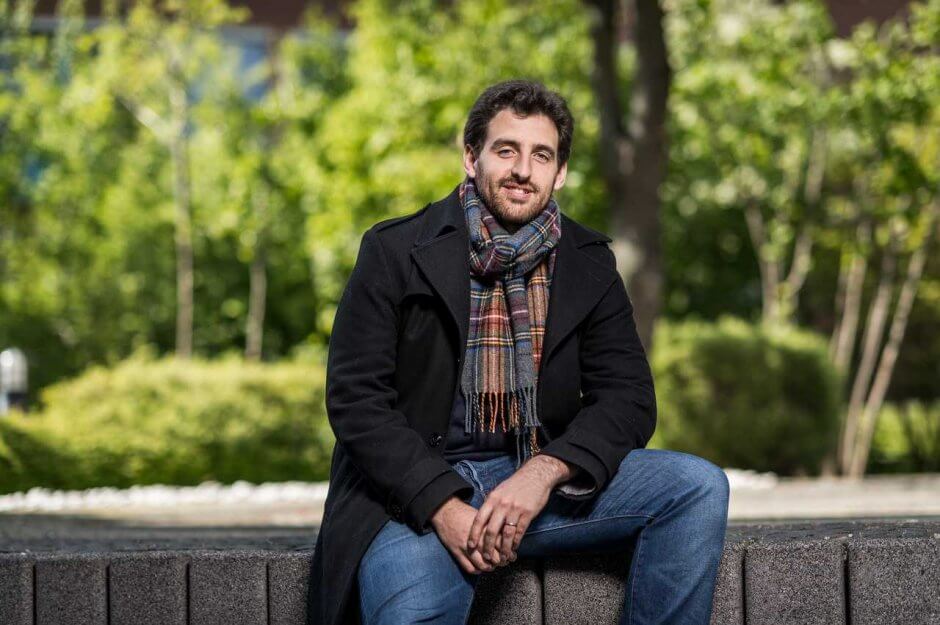Interview with Karim Tarraf, CEO, Hawa Dawa

The EIT Awards recognises the most promising entrepreneurs and innovators in Europe. Eight Climate KIC community members have been nominated for the 2018 edition.
This week, we speak to Karim Tarraf, CEO, Hawa Dawa, who’s eligible to win the EIT Venture Award and the EIT Public Award.
What’s your role?
I’m the Co-founder and CEO of what I believe to be an inspiring and complementary team of scientists, engineers and business folk working to mainstream environmental considerations in decision-making at the governance level of smart cities. I see my role as both guiding the team towards our broader vision and setting out the goals to help achieve it.
What are you working on with Climate KIC?
Our vision is to mainstream environmental data, particularly air quality data, into decision-making on the future of cities, and therefore, we are particularly aligned with Climate-KIC’s strategic priorities and goals.
By demonstrating both the impact and potential to intervene on air pollution with mitigative measures, our air quality data can help create awareness, generate buy-in and make the case for investing in clean future city infrastructure, supporting emissions reductions and lowering associated health and climate risks. The granularity of our data means we have the possibility of partnering with big emitters, and other city stakeholders, to understand the extent and location of emissions and help design targeted measures to combat pollutant hotspots and generate positive side effects for workforces and communities.
Climate KIC has helped us in the first critical stages of developing our business by giving us the space, coaching and opportunities to develop and certify our hardware, establish our software models and build a stable base from which to lever new revenue and funding opportunities.
What are three implications of this work?
The air quality data we have been collecting via our sensor hardware and refined with our software modelling provides cities with granular data which, until now, hasn’t been possible to obtain due to the expense, low coverage and the non-digital nature of air quality monitoring. Our air quality maps allow cities to visualise – over time and at street level – the behaviour of pollutants and provide actionable insights for cities and businesses, enabling them to build tailored and dynamic air quality measures and target these spatially and temporally.
Our data enables the digitisation of a process which is otherwise manual and non-comprehensive. This brings with it the benefits of cost reduction and efficiency as well as the opportunity to build new digital capacity for cities. Furthermore, our environmental data integrates with other existing datasets such as those from satellites, mobility providers and traffic, providing new insights.
Our hardware and software is available at a fraction of the cost of traditional monitoring approaches, meaning efforts and resources can instead be focused on designing and developing targeted new tools for reducing air pollution.
What or who gives you hope or inspiration in the fight against climate change?
Growing up in Cairo – a city displaying all of the typical traits of an emerging economy when it comes to air quality and health – was the stimulus for the initial idea for Hawa Dawa. Being able to empower citizens, cities and corporations by giving them reliable and actionable data is, I believe, an important step in building an understanding of how and where best to act on climate change.
Climate KIC, with its goal of building capacity here and in particular, its work to support and build a critical mass of climate entrepreneurs is sending a very clear message to investors and the market that there is still the opportunity to act.
You may vote for Karim to win the EIT Public Award here.
Learn more about Karim’s work with Hawa Dawa in this video:
